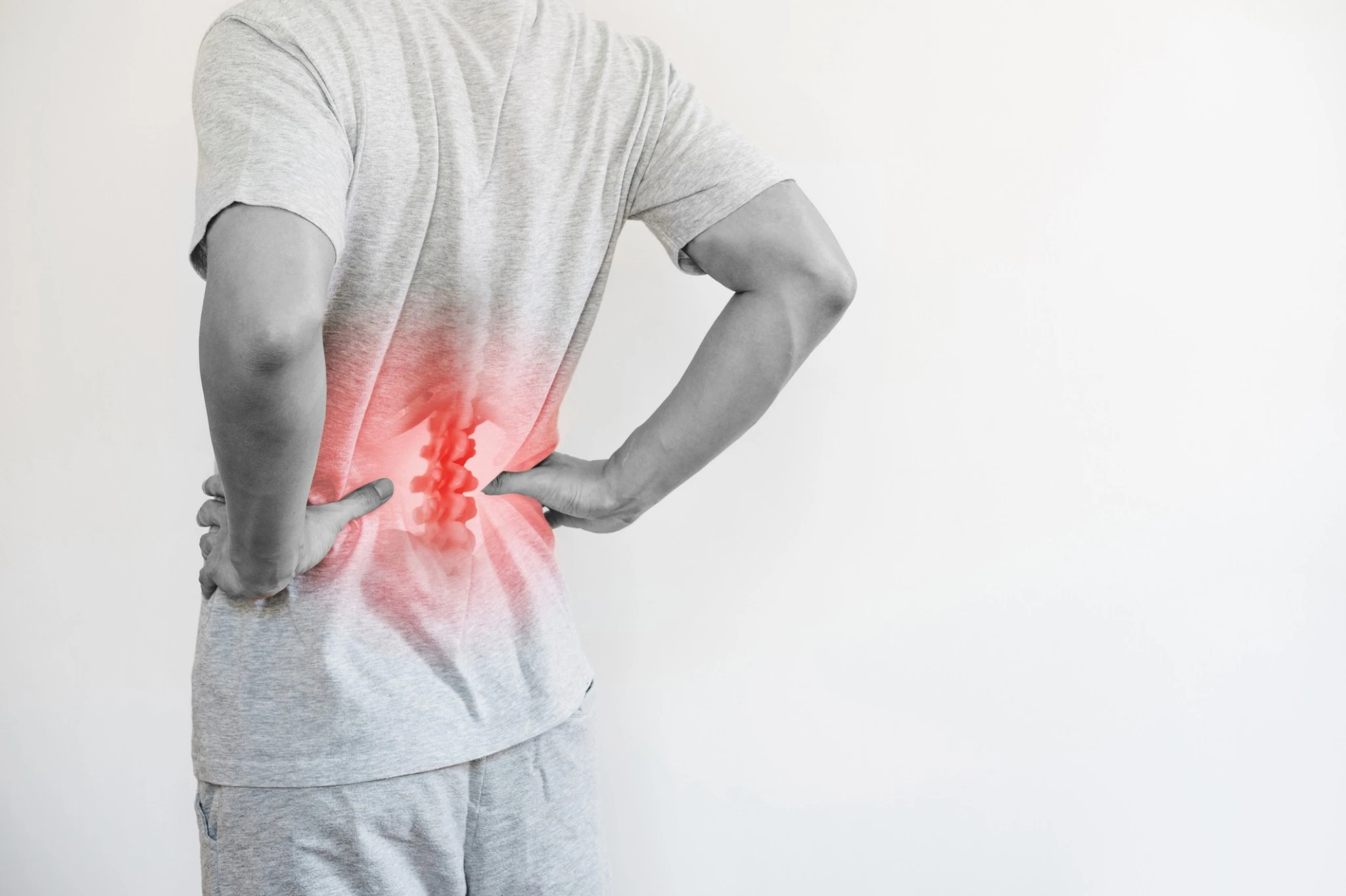When Incontinence Disrupts Your Life: Here’s What to Do About It

Urinary incontinence affects millions of Americans and can be a frustrating and isolating condition. Whether it’s occasional leaks or a more constant issue, incontinence can interfere with your work, social life, and overall sense of well-being.
At Spinal Diagnostics, we understand how disruptive incontinence can be — and we want you to know that effective, compassionate care is available.
Types of urinary incontinence
Not all incontinence is the same. Understanding the type you’re dealing with can help determine the right treatment. Common types include:
- Stress incontinence: Leaks occur when you laugh, cough, sneeze, or exercise.
- Urge incontinence: A sudden, strong urge to urinate followed by leakage.
- Overflow incontinence: Your bladder doesn’t empty completely, causing dribbling.
- Functional incontinence: Physical or cognitive impairments prevent getting to the bathroom in time.
You’re not alone — and there are solutions
It’s important to know that incontinence is not something you have to “just live with.” There are many ways to regain control, including:
- Pelvic floor exercises (Kegels)
- Bladder training techniques
- Medications that calm overactive bladder muscles
- Minimally invasive procedures or devices
- Advanced options like neuromodulation for severe cases
Our team works closely with each patient to develop a treatment plan tailored to their needs, lifestyle, and goals.
How we can help at Spinal Diagnostics
We specialize in identifying the root cause of your incontinence and matching you with the most effective treatment — from conservative care to cutting-edge interventions. You’ll find a supportive, judgment-free environment with experts who listen.
We also collaborate with urology and physical therapy professionals when needed to ensure comprehensive care.
Expert solutions for back, neck, and nerve pain, focused on restoring your quality of life.Schedule Your Appointment Today
Take the first step toward relief
If you’re avoiding activities or feeling anxious due to urinary leaks, contact Spinal Diagnostics. You deserve to enjoy daily life without fear of incontinence. Let’s talk about your options and get you the support you need.

